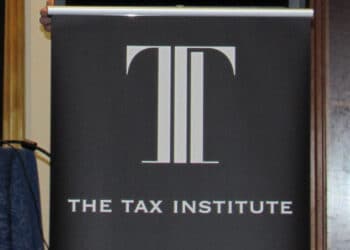In its submission to the Retirement Phase of Superannuation discussion paper, the institute said it supports the government’s shift in policy focus, stating the sector’s policy settings to date have focused on the accumulation stage, which is now starting to reach maturity, with larger groups of Australians moving into the retirement phase.
“Superannuation is integral to the financial and broader wellbeing outcomes of 16 million Australians, who face complex challenges on their journey to retirement. We need to make navigating these important life decisions as easy as possible, for as many people as possible,” said institute CEO, Elayne Grace.
Ms Grace said the most fundamental barrier to overcome is shifting the national mindset around super from being a “nest egg” to one of generating income and one that can support the varied needs of Australians in their retirement years.
“Beyond the welcome fixes to financial advice for those Australians, we should be thinking about a holistic help, guidance and advice framework to remove the caution that many people feel when drawing down on their superannuation,” said Tim Jenkins, Chair of the institute’s superannuation and investments practice committee.
He added that a critical part of the solution, which is in line with top-ranking pension systems globally, is making sure super has pathways that help nudge people towards well-rounded default solutions for funding retirement.
However, he said notions of “a standardised product” need to be approached with care.
“A broad frame is required to consider super alongside any sources of government support, income from part-time work and home equity to fund a dignified retirement,” he said.
The institute stated it also supports the government taking steps on population-wide financial literacy and retirement phase guidance and education including recommitting to the National Financial Capability Strategy and introducing standard definitions for the key features of retirement income products.



An immediate, and simple first step would be to introduce compulsory cashing at 67. Not the retirement product, any cashing.
Other things to consider though with cashing out at 67 are those who set up their investments to self-fund their retirement from an income stream point of view, selling down over time as required. Many people do not want or need support from government in retirement and unlike as is the case with public servants, they set themselves up to be self-funding, longish term, selling down over time at least to reach the average lifespan, if not longer. If forced to sell down at 67 years, there would need to be assistance for this change to accommodate transfer of assets that were going to fund the retirement – think stamp duty and realising CGT with a forced sell down. It could just be too simplistic to make people cash out at age 67. It would certainly need to be grandfathered which creates so much more red-tape etc. Just because some invested outside of a retirement product per se, doesn’t mean that they don’t have the same outcome in terms of a longstanding, adequate “pension”.